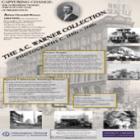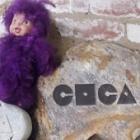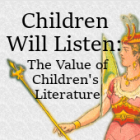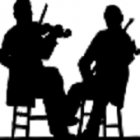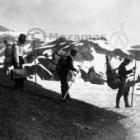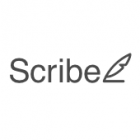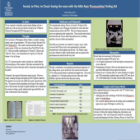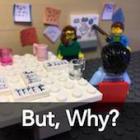
But, Why? Change and Content Management with SharePoint
Working collaboratively with Records Management Services (RMS) for UW Medicine, we created documents to aid RMS in their SharePoint 2013 adoption and migration initiative. In creating a workflow diagram, resource packet for new clients, and a variety of checklists, we have helped RMS define a streamlined course of action in their content management project. The key to success with any content management project is adoption. We designed compelling and useful resources for clients that will contribute to better adoption rates.

